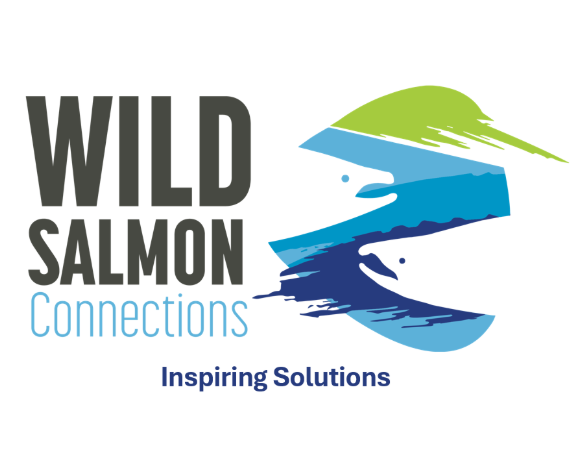All the world's wild salmon species throughout their range from the Pacific Ocean to the Atlantic to the Baltic Sea suffer from greatly reduced sea survival. A recent conference at the famous Fishmongers Hall in London brought together scientists, fisheries managers, experts and ministers and ambassadors from Norway, Iceland, the United Kingdom and Northern Ireland to understand what is going on with salmon stocks.
The European Anglers Alliance (EAA) was well represented at this meeting with presence of EAA chair Mark Owen.
From 27 untill 29 January 2025, the international conference - "Wild salmon connections - Inspiring solutions" - took place in the famous Fishmongers' Hall London (United Kingdom).
Wild Salmon Connections aims to activate an urgent, renewed international focus on wild salmon. Their mission is to inspire action to secure thriving wild salmon at the heart of healthy ecosystems.
During this 3-day conference many international important stakeholders gathered to discuss the worrying state of wild salmon stocks that are in crisis. Speakers included: Andreas Bjelland Eriksen, Norwegian Minister of Climate and Environment, Prof. Sr. Dieter Helm (Oxford University), producer of nature documentaries Alastair Fothergill OBE and EAA President Mark Owen.

Agreement on worrying state of the world's salmon stocks
All conference participants stated that the world's salmon is suffering at the hands of the usual culprits, watercourse connectivity in the form of hydropower and weirs, large-scale ocean-based salmon farms and their lice and diseases, water pollution and unknown bycatch in industrial fishing. The major new problem is rapidly increasing climate change which means more stress on fish, and this will require major joint efforts if we are to restore salmon stocks.
The words "cold and clean water" was spoken almost like a mantra during the three days of the conference.
Of special interest for Baltic salmon was that by-catch of salmon in the pelagic industrial fishery was discussed and two different presentations pointed to the lack of data on this. However, there is a clear "smoking gun" for the Atlantic salmon where salmon smolt migration and fishing for herring and mackerel coincide, and this must be investigated.
Among researcher’s conclusions about the bycatch of salmon smolt in industrial fishing was that there is a need for:
- Improved landing control for salmon bycatch
- Need for quantitative analysis of the risk for bycatch
Standardized bycatch monitoring programs
Salmon should be included in ICES by-catch working group ICES WGBYC
eDNA data collection at sea and with landings should be developed
What is clear is that it doesn't matter if the salmon is called Pacific salmon, Atlantic or Baltic salmon, what we need is direct action in the form of immediate measures and adaptive ecosystem-based management.
More information on the "Wild Salmon Connections" conference can be found via
this link
Conference' outline on Pelagic fisheries bycatch risks to smolts
Policy meeting with Norwegian Minister of Climate and Environment, Mr. Andreas Bjelland Eriksen
Policy meeting with Norwegian Minister of Climate and Environment, Mr. Andreas Bjelland Eriksen